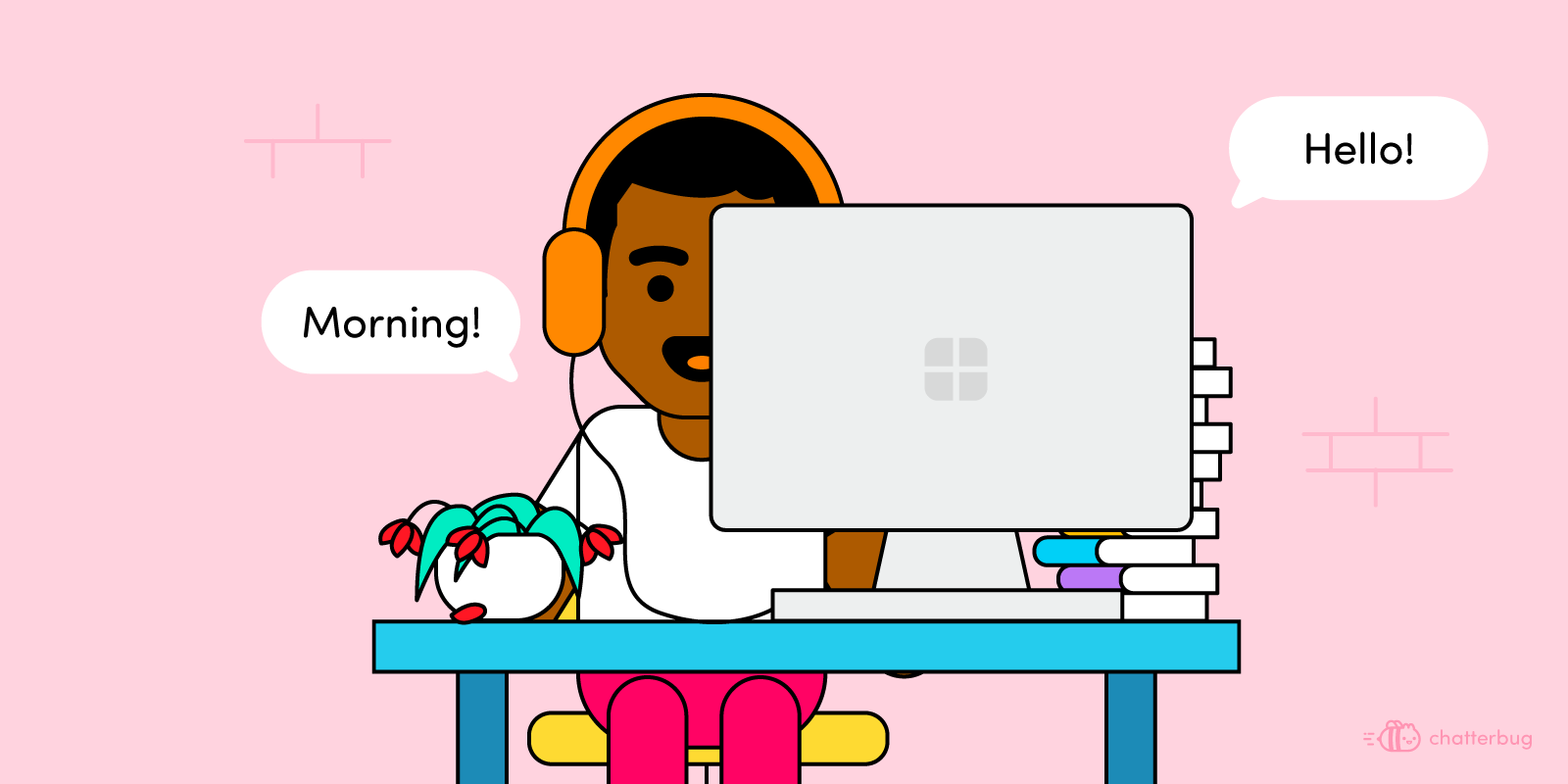Reasons to learn a second language now
For many of us, the memories of language classes at school are enough to make us stick with our native one for good. But learning a second language doesn’t mean you must obsessively memorise directions to the town hall (did that ever come in useful?), master making miserable complaints in restaurants or spend hours pouring over a text book that’s twenty years out of date every night. And while we’ve all heard the old adage ‘learn while you’re still young’, learning a new language in adulthood might not be as hard as you think. Adults are better than children at ‘explicit learning’, meaning they can learn in a classroom with a teacher. Studies have shown that adults also learn languages more quickly than children do. So not only is language learning possible in adulthood, it also comes with tons of benefits!

Learn a useful skill
You really are never too old to learn a new skill. And while learning a new instrument or trying your hand at painting might indulge the creative tendencies you’re sure you secretly possess, learning a new language opens doors you may not have realised were shut. Competence in speaking, reading and writing another language increases your employment opportunities, providing potential to travel in your line of work and to liaise with a broader range of colleagues and clients. As hobbies go, speaking a new language is a pretty social one by default. That’s got to beat learning to strum Wonderwall on guitar, not least for your neighbours…
Travel
Traveling to a new place is always fun. Immersing yourself in a new culture is exciting, but without having a grip on your travel destination’s native language, that traditional hat you’re donning, the flag draped around your shoulders and the national anthem you went to great pains memorising might just make you look stupid. Instead, why not give your holiday or work trip an edge by getting comfortable with whichever language you’ll be encountering. Not only will speaking the new language make your trip a little easier, but it will also be a great opportunity to do so with native speakers. You will also have access to a whole new range of literature, music and film. Surely that’s an easier way to garner some cultured small-talk to dish out when back home than rattling off the sightseeing list you completed at your Lonely Planet guide’s instruction to anyone who will listen.

Meeting new people
Language is a tool for communication, so the most obvious benefit of learning a new language is that it enables you to meet and interact with people you might not have previously. Be it through language classes, travelling or taking the opportunity to move abroad, speaking another language gives you the chance to create lasting relationships with people who you may have otherwise never spoken to. Plus, this provides a great opportunity to impress people with the endearing accent you never knew you had.
Increase native ability
It is well known that speaking a second language improves your cognitive skills. Studies have shown that multi-lingual speakers generally score better in maths tests and have better working memories. Great start. But did you know that learning another language can improve your native language ability? Studies have shown that by acquiring a second language we can expect to see an increase in our reading, vocabulary and communication skills in our mother tongue through reinforcing our understanding of the mechanics of language. Win-win!
Boosted brain power, a broader social life and the chance to see more of the world? What are you waiting for? It’s never too late!
Want to learn more?
If you’re feeling inspired, sign up below for a free two-week trial and a Live Lesson with a private qualified tutor to start speaking a new language for real! Our classes are structured around exercises created by language teachers, so there’ll be no awkward silences – we promise! 😉
And don’t forget to check out our Facebook, Twitter and Instagram pages for more language content!



